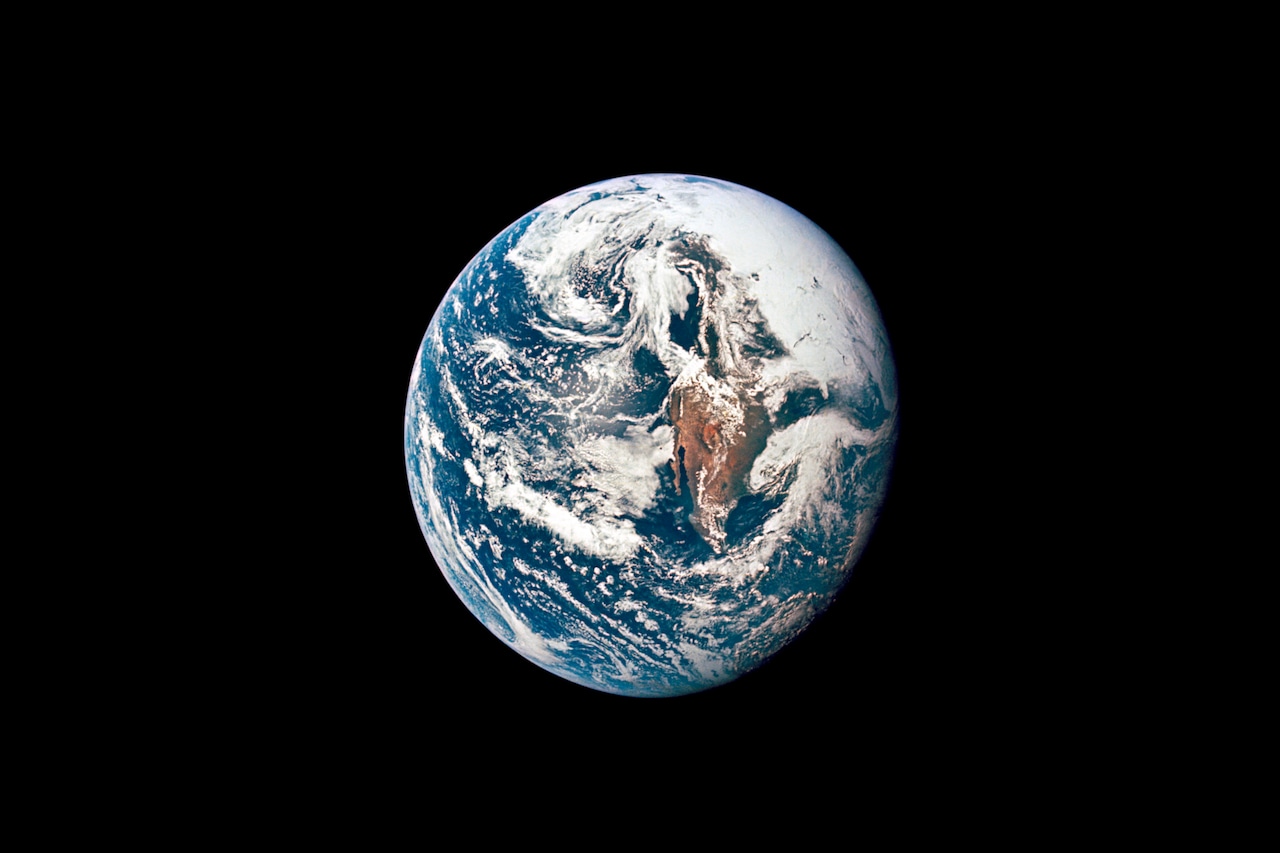Aren’t the summer days supposed to be longer and the winter days shorter?
Since when have things gone in reverse for the summertime?
Since now, maybe? Starting today?
Okay, here’s what’s going on.
Planet Earth is set to spin a bit faster on three separate days this summer, officially starting today. The result will be shorter days, but don’t panic because the change will be so small that you won’t even notice.
The change is equal to several milliseconds that will be shaved off of the 24 hours it takes for Earth to complete a full rotation.
Now to your next question: How long are several milliseconds? It’s less than the time you’d take to blink your eye.
So why is this happening?
It takes the planet 24 hours, or one day, to complete a full rotation on its axis, which equals to 86,400 seconds. But Earth’s rotation could change by a millisecond — which is .001 seconds — or two every day.
Also, the orbit of the moon can have an effect on how fast the Earth spins.
“Our planet spins quicker when the moon’s position is far to the north or south of Earth’s equator,” according to TimeandDate.com.
“Earthquakes, volcanoes, tidal forces, subterranean geology, and many other mechanisms can cause the planet’s rotation to slow down or speed up, and those micro-adjustments can trend over time,” Popular Mechanics reported.
If you can recall, the 8.9 magnitude earthquake that hit Japan back in 2011 accelerated Earth’s rotation, shortening the length of the standard 24-hour day by 1.8 microseconds (0.0018).
These small, day-to-day fluctuations in the Earth’s rotational speed started to be measured in the 1950s with atomic clocks, where any number above or below the standard 86,400 seconds is called the length of day (LOD).
If you’re wondering what the shortest day ever was, that happened on July 5, 2024, when Earth completed its full rotation 1.66 milliseconds faster than the standard 86,400 seconds.
As for when this three-day event will happen, there are three days this summer when the moon will be around its furthest distance from Earth’s equator, resulting in the slight increase in Earth’s rotational speed.
Scientists are predicting that this will happen on July 9, July 22 and Aug. 5.
Today, July 9, will be shortened by 1.30 milliseconds. On July 22, Earth loses 1.38 milliseconds of the day. And Aug. 5, the day will be shortened by 1.51 milliseconds.
If you purchase a product or register for an account through a link on our site, we may receive compensation. By using this site, you consent to our User Agreement and agree that your clicks, interactions, and personal information may be collected, recorded, and/or stored by us and social media and other third-party partners in accordance with our Privacy Policy.
